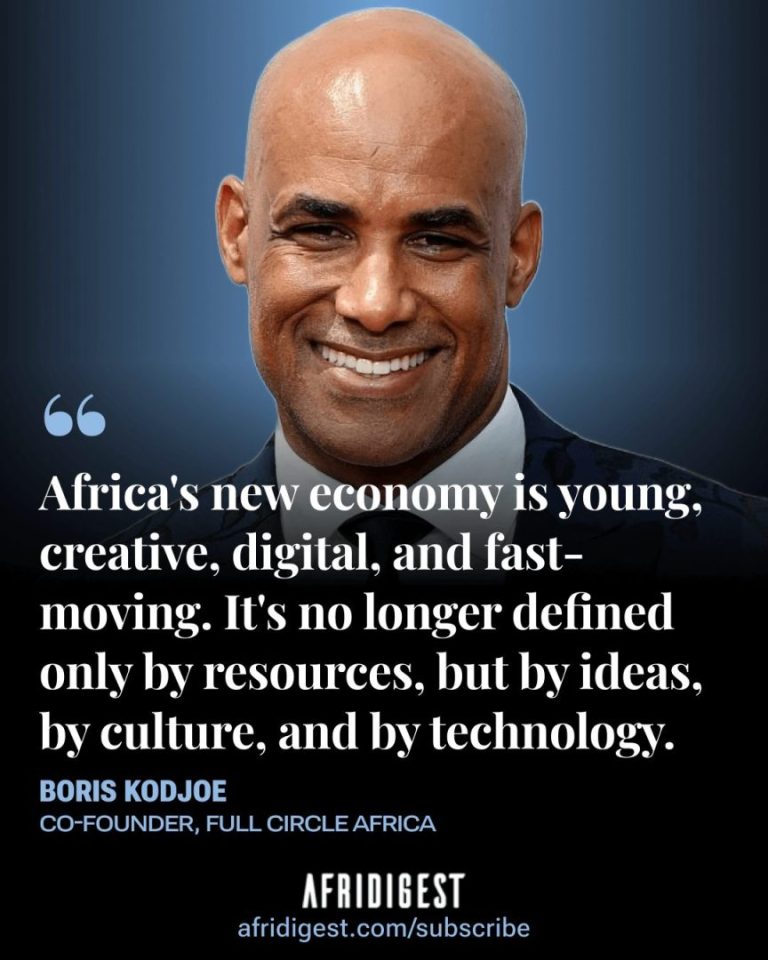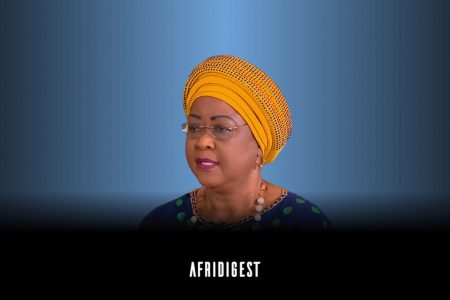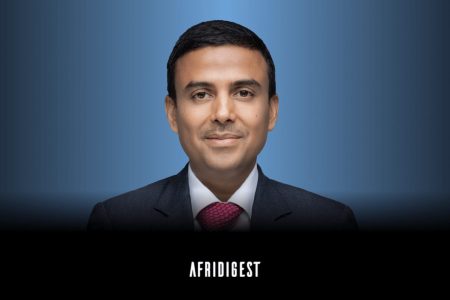The biggest misconception about Africa? That its economy is defined by what’s buried underground.
So says Boris Kodjoe, co-founder of Full Circle Africa, investor, and Hollywood actor.
For decades, the dominant narrative has been simple: Africa = natural resources.
Oil. Minerals. Diamonds. Commodities.
But this resource-centric view is rapidly becoming obsolete.
“Africa’s new economy is young, creative, digital, and fast-moving,” says Kodjoe, a dual citizen of Ghana and Germany.

“It’s no longer defined only by resources, but by ideas, by culture, and by technology.”
Kodjoe highlights an economy powered by:
- Youth innovation — with the world’s youngest and most entrepreneurial population ushering in new solutions to local & global challenges
- Culture & creative industries — “right now, the creative industry in Africa is $5 billion; it’s going to grow to $200 billion in the next 10 years.”
- Digital transformation — with ongoing digitization initiatives resulting in tremendous productivity gains across sectors
This isn’t just wishful thinking. It’s already happening.
From the worldwide popularity of Afrobeats to the global commercial success of Nollywood to homegrown fintech unicorns transforming financial services — the continent is proving that its greatest assets aren’t in the ground, but coding in co-working spaces, exporting culture through film, fashion, and music, and building tomorrow’s Africa today.
The opportunity is immense: “Africa is in a pre-IPO phase,” Kodjoe stresses.
But unlocking future growth requires intentional narrative change.
“Some of those old narratives we’ve been fed over the years have been flat-out lies to keep people away from the continent.”
“When we control our narrative, we can stop the extractive economic cycles that have been happening forever.”
As an example, Kodjoe points to Ghana’s Year of Return in 2019, a narrative-driven effort his organization contributed to, which saw the country’s tourist visas surge 30x to 1.2 million from 40,000 the year before — with tourists spending ~$2,500 on average.
Direct proof that perception drives economics.
“We have to curate and control the way the world sees Africa,” Kodjoe emphasizes. “Perception impacts investment, policy, tourism, power.”
“We have to counteract biased narratives… counteract the fear, counteract the hesitancy.”
What’s your take?
- Do you agree that African economies are rapidly moving away from resource-dependence to innovation-driven growth? Or is Africa’s new economy still its old economy?
- Is narrative change really a prerequisite for unlocking growth & investment, or would you prioritize something else?
- What role should diaspora communities & individuals play in accelerating the continent’s economic transformation?





Share: